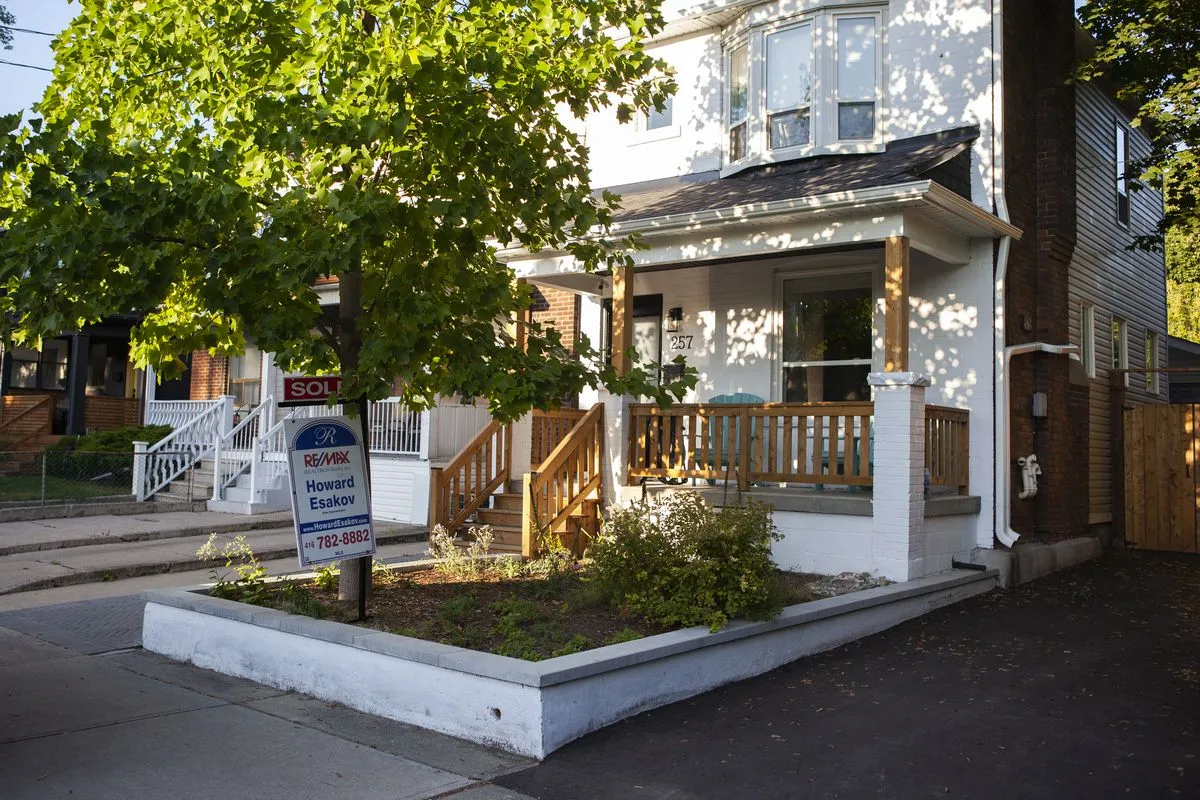At last, someone from the world of politics is being honest about a pervasive and harmful trade-off. When home prices rise faster than earnings, owners like me gain wealth, while non-owners lose because their incomes fall further behind housing costs.
Honesty is saying that home prices have to fall. But this is progress.
The Generation Squeeze folks have recommendations.



What help do we need now, though? The market crashed last year. We needed this like 10 years ago, not after high prices finally cured high prices.
Let’s face it, the only reason we’re only now just finally getting some kind of progress on the issue is because the politicians recognize the market has crashed and want to quickly jump in to say it was their doing. It’s so weird.
The market crashed?
40-year-old two-bedroom condos are now $700k here. What crash?
Don’t bother debating with this likely troll. The article he cites literally references the rising interest rate as a significant cause for a slight dip in sales, with a reduced month-over-month percentage but still an increase over August 2022 sales. The article also cites continued attention by the government being predicted to cause sales to further cool.
Indeed. https://creastats.crea.ca/
Did you even read your own link? Besides sales dropping 4% (which it says was expected due to the rate hikes) every other stat they listed was up year-over-year or month-over-month.
That sounds to me like the only area where prices aren’t still growing are parts of Ontario and maybe the territories.
I did. Did you? Again, it’s not like one day you have a million dollar home and the next day you have a $300,000 home. That is not how it works. There is all kinds of ups and downs that follow a crash. Compare what you are seeing now to the US housing market in 2006-2007. You are going to see a lot of similarities.
I think you could argue that the market is slowing or declining, I disagree now but I could be swayed.
Saying the market is crashing though is like saying you crashed your car when you hit a pothole. Sure, if you look at a big car crash in the past someone may have blown a tire in a pothole before causing a pileup, but millions of people hit potholes every day and most are nothing more than a momentary slowdown.
I’m not saying a housing crash couldn’t be coming, but it’s unreasonable to infer that one is happening based on the data you showed.
The market: Still significantly above the pre-2020 trend.
Because we’re still riding the tail end of the dead cat bounce. That’s what a crash looks like. It is amazing how textbook perfect it is playing out to be.
Until we see a significant drop in prices, the market hasn’t crashed. Maybe it’s the dead cat bounce, or maybe prices are stable.
the market drop was tied to interest rates so the effective monthly mortgage is unchanged. Unless you’ve got a million bucks under your mattress to pay up-front, houses are still unaffordable.
renters are people too, and their prices have gone up, not down.
It’s better to say “housing costs” rather than talking about the price itself. The costs wording includes things like mortgage interest, insurance, etc.